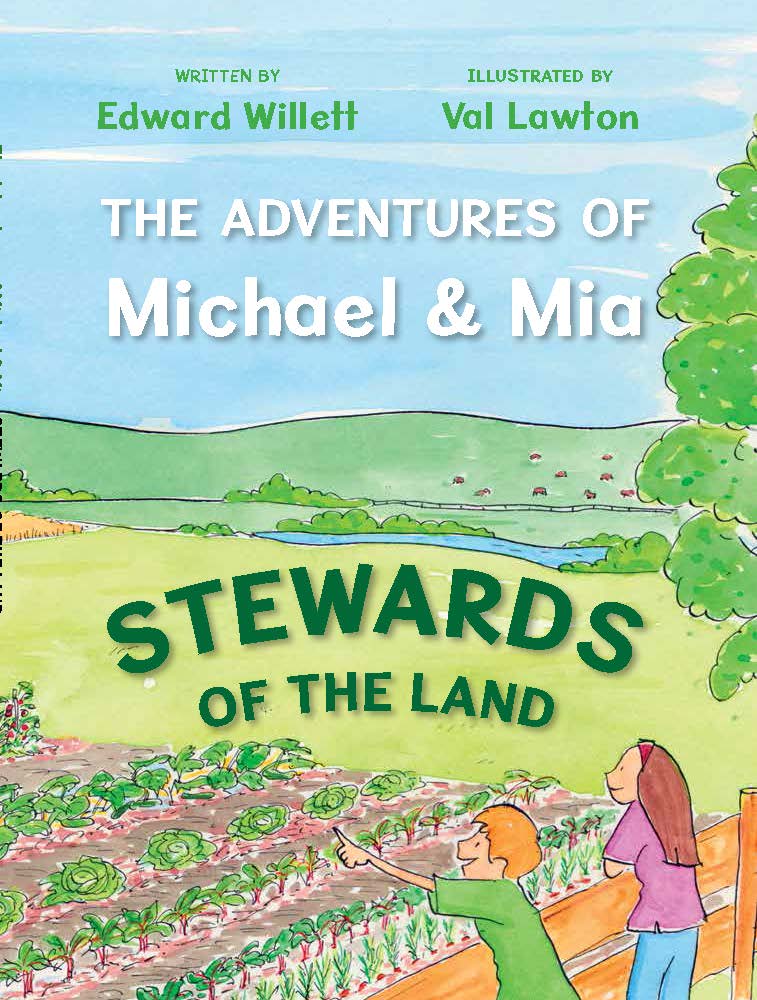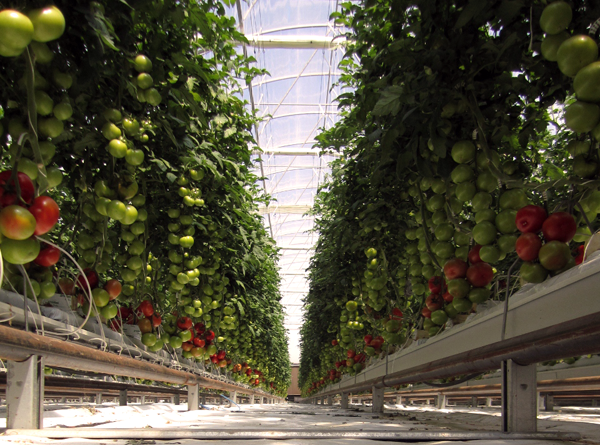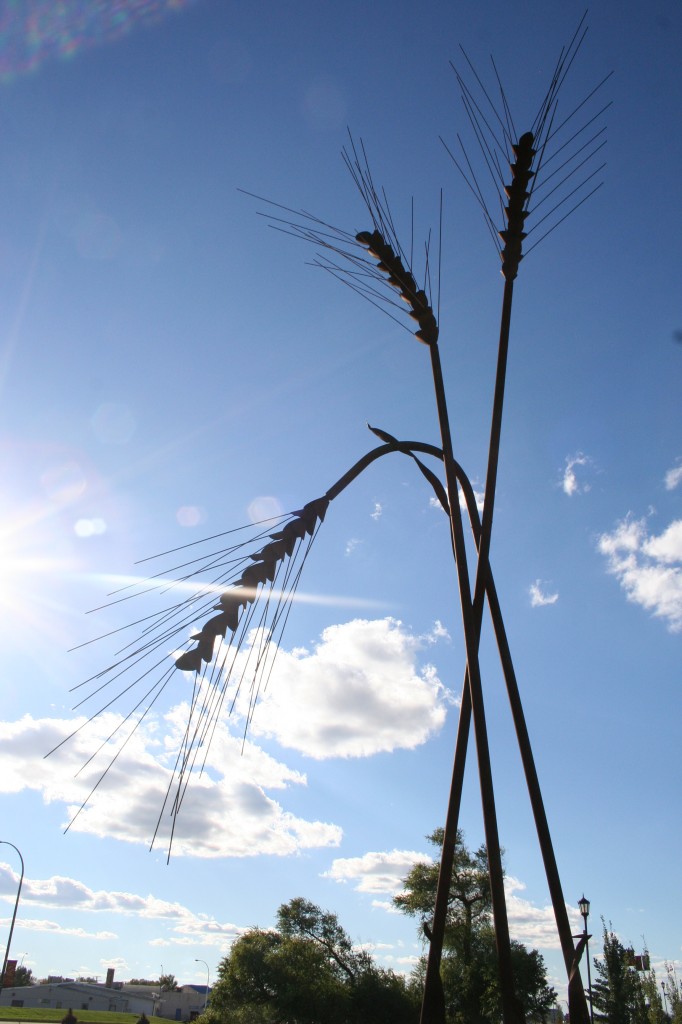This is a bit different from my usual work. Not an alien, spaceship, monster or magic-user to be found! A while back I was contacted by Agriculture in the Classroom Saskatchewan about writing a short illustrated book to be used in classrooms during Agriculture Literacy Week. Each year during this week, AITC has agricultural producers and …
Tag: agriculture
A solution to the world’s food problems?
[podcast]https://edwardwillett.com/wp-content/uploads//2012/11/Sundrop-Farms_01_01.mp3[/podcast] If I told you something has been built in the Australian outback in the past couple of years that can be solidly argued is one of the most important technological advances in decades, would you have a clue what I was talking about? You wouldn’t? Well, I wouldn’t have either until this past weekend …
Salt-tolerant wheat
[podcast]https://edwardwillett.com/wp-content/uploads//2012/03/Salt-Tolerant-Wheat.mp3[/podcast] Having grown up on the prairies, first in Texas, then in Saskatchewan, I’ve seen, my whole life, the patches of white where nothing grows, out in the middle of the fields. And like most other prairie folk, I’ve tended to call them “alkali.” Fact is, though, that most of them, at least in Saskatchewan, …
A bunch of stuff I wrote about biomass hits the Web
Earlier this year I wrote a lot of fact sheets about various aspects of biomass for Agriculture and Agri-Food Canada. Those fact sheets are now online: you can drill down from the main page. The largest section of what I wrote dealt with agricultural residue. Here’s what’s on that page, with links leading to more …
Just the flax, ma’am
Download the audio version.Get my science column weekly as a podcast. Last week I wrote about converting agricultural residue such as wheat straw into bio-fuels. But there are other uses for some crop residue. Take flax straw, for example. For most flax growers that phrase immediately provokes the Henny Youngmanish riposte, “Please!” That’s because flax …
Spinning straw into liquid gold
Download the audio version.Get my science column weekly as a podcast. Rumplestiltskin, in the famous fairy-tale, has the knack of spinning straw into gold. We can’t do that–but we are learning to spin straw into something just about as valuable: biofuel. Sure, you can make ethanol out of corn or wheat, but in a hungry …
Tearless onions
Download the audio version.Get my science column weekly as a podcast. I’m a sensitive kinda guy. I fact, I’m so sensitive I sometimes tear up just during the process of making dinner. It’s not that I’m overcome with emotion at the blessing of having at my disposal the wherewithal to stir-fry. (I’m not that sensitive.) …
Rust never sleeps
From nuclear terrorism to Earth-killing asteroids, avian flu and global warming, these days you can choose to set aside every hour of the day for a specific worry and never repeat yourself. To insure it stays that way, I’d like to introduce you to Ug99. Ug99 is a strain of black stem rust that attacks …
Restore the prairie…
…to something like its natural state, and reap a benefit: turns out the best feed material for creating ethanol isn’t monoculture crops like wheat or corn, but mixtures of native prairie grasses and other flowering plants. Easier to grow, too, obviously.
Organic chicken?
No, thanks. Turns out, …organic poultry is actually less nutritious, contains more fat and tastes worse than its mass-produced equivalent, research has shown. That’s going to make some people squawk.
Cotton: it’s what’s for dinner
Or, at least, it could be soon: “The exciting finding is that we have been able to reduce gossypol – which is a very toxic compound – from cottonseed to a level that is considered safe for consumption,” said Dr. Keerti Rathore, Texas Agricultural Experiment Station plant biotechnologist. “In terms of human nutrition, it has …
Advances in apples
If “an apple a day keeps the doctor away,” it’s rather surprising there’s still a need for doctors, considering Canadians consume around 11 kg of apples per person per year. They can choose from a bewildering array of apple cultivars, too (more than 7,500 are known), from the crisp and tart (Macintosh) to the soft …
- 1
- 2










